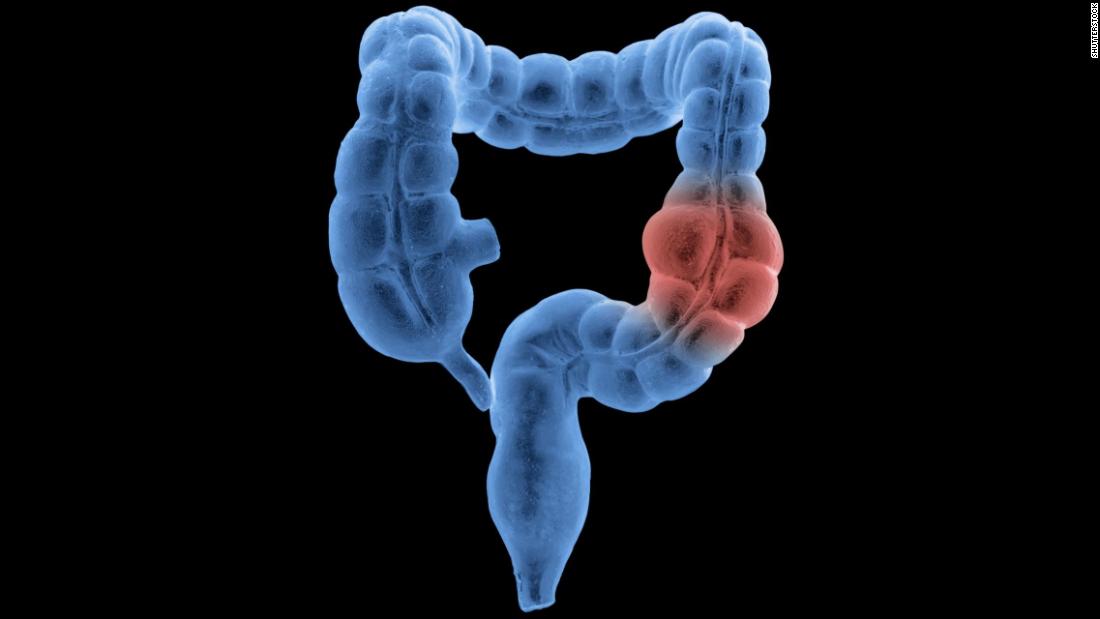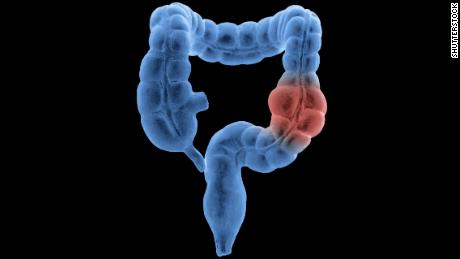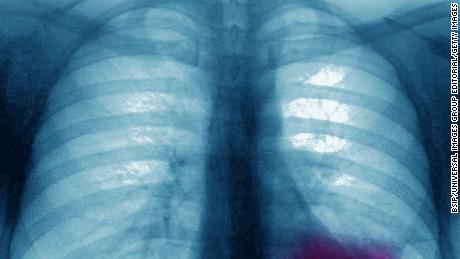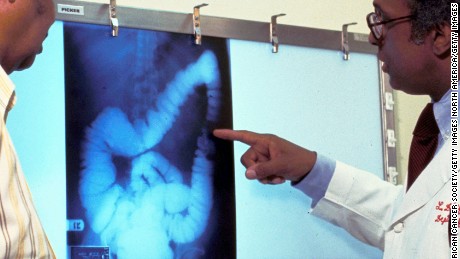Half of new colon and rectal cancer diagnoses are now in people age 66 and younger, report finds
“This report is very important because it not only provides a snapshot of the current colorectal cancer burden, but also a window to the future,” she said, adding that if the increases in younger adults continue, “doctors should be aware of the unique challenges in this patient population — such as the need for the preservation of fertility and sexual function, as well as the risk of long-term treatment effects because of their extended life expectancy.”
Cause of rising colorectal cancer rates in younger people unknown
The new report included data on colorectal cancer incidence and deaths from the National Cancer Institute and the US Centers for Disease Control and Prevention, among others.
Based on an analysis of the data, researchers found colorectal cancer incidence among adults younger than 50 has been increasing since the mid-1990s.
From 2012 to 2016, incidence rates among that age group rose by 2.2% annually and included tumors found in both the colon and the rectum, the study found.
Among adults ages 50 to 64, researchers found that colorectal cancer incidence declined during the 2000s, then reversed course and rose by 1% annually between 2011 and 2016. Among adults ages 65 and older, the study found that a rapid decline in colorectal cancer incidence persisted during the 2000s and that rates fell by 3.3% annually from 2011 to 2016.
“Much of the decline in incidence in older aged adults is because of increased screening, but the cause for rising incidence in younger age groups is still unknown,” Siegel said.
“The obesity epidemic is probably contributing, but doesn’t seem to be the sole cause,” she said. “Diet has a large influence on colorectal cancer risk and there is a lot of research going on looking at how different things we consume, including drugs such as antibiotics, influence gut health, specifically their role in determining the microorganisms that make up our microbiome.”
‘This should be a wake-up call’
The analysis found from 2008-2017 colorectal cancer death rates dropped by 3% annually in adults 65 and older and by 0.6% annually in adults ages 50 to 64 — but the rates jumped by 1.3% a year in adults younger than 50.
As for incidence, during 2012 through 2016, rates ranged from 30 cases per 100,000 people among Asian/Pacific Islanders and 38.6 in whites to 45.7 in blacks and 89 in Alaska Natives, according to the data.
There were limitations in the research and scientists were unable to determine exactly why certain declines or increases in colorectal cancer occurred among various age groups.
Yet researchers were able to make some projections in future trends, predicting an estimated 53,200 colorectal cancer deaths in 2020 with an estimated 7%, or 3,640 deaths, in adults younger than 50.
The analysis also projected 147,950 newly diagnosed cases of colorectal cancer in the US this year with about 12%, or 17,930 cases, diagnosed in adults younger than 50.
The analysis may “build more consensus for beginning to screen before age 50,” Siegel said.
“In addition, this should be a wake-up call for clinicians to be better about timely follow-up of younger patients who present with symptoms” of colorectal cancer, she said.
‘It’s actually expected to continue’
“There does seem to be this very concerning steady rise in the incidence of colorectal cancer in younger individuals, which is not an isolated phenomenon. It’s actually expected to continue,” she said.
“It is honestly the question that keeps me up at night because it really right now is a mystery,” Ng said, adding that environmental factors and changes in gut health could be playing a role.
For now, Ng said that it is important for younger adults to be aware of this rise in colorectal cancer rates and to talk to their doctors if they have any questions or notice any concerning signs or symptoms of colorectal cancer.
“Some of the more common things that we see are blood in the stool,” she said about symptoms. “Other more nonspecific symptoms include abdominal pain, if there’s any change in the usual bowel habits, for example new constipation or new diarrhea.”
![]()










